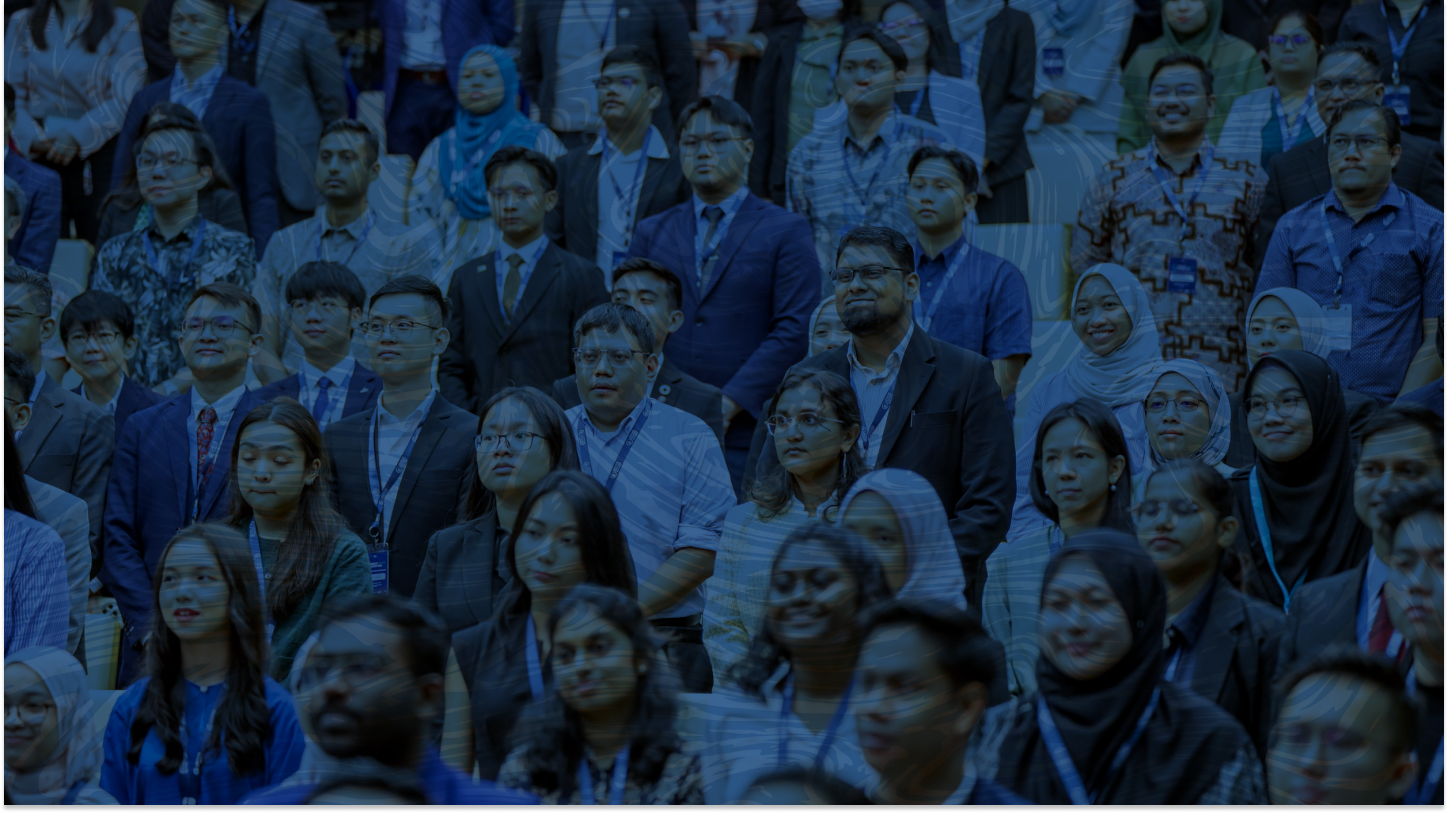
Climate Finance Summit 2024
Climate Finance Summit 2024 Highlights
Opening Keynote Address
Malaysia stands at a pivotal juncture, with its economy traditionally anchored in the natural gas and oil sectors, and renewable energy sources playing a minimal role in the national energy framework. The imperative to shift towards cleaner, sustainable energy forms is not only a response to global climate mandates but a strategic move to fortify national energy security and lessen the economic vulnerabilities tied to fossil fuel reliance. This keynote address highlighted insights into the government's strategic approach to energy transition.
YAB Dato' Sri Haji Fadillah bin Haji Yusof
Deputy Prime Minister
and Minister of Energy Transition & Water Transformation
Insight Forum 1: Financing for Transition
Executive Director, Market Development, Securities Commission MalaysiaGroup Chief Sustainability Officer, Maybank
Director of Bursa Intelligence,
Bursa Malaysia
Chairperson,
Climate Governance Malaysia
Shahril Azuar Jimin
Salmah Bee Mohd Mydin
Datin Seri Sunita Rajakumar
Wong Chiun Chiek
The Joint Committee on Climate Change (JC3), co-chaired by Bank Negara Malaysia and the Securities Commission, convened its 12th meeting to discuss priorities and action plans for the year, emphasising collaboration with the government, financial industry, and partners to facilitate an orderly transition towards sustainability. Key focuses include increasing financial flows for climate transition, integrating nature and environmental risks into financial strategies, supporting credible transition plans, and ensuring meaningful support for SMEs.
The Malaysian government, represented by the climate minister, called on the private sector to embrace decarbonisation as a long-term corporate strategy, aligning with the National Energy Transition Roadmap (NETR), aiming for 70% renewable energy by 2050. Meanwhile, Bank Negara Malaysia expects at least fifty percent of new financing by banks to support climate or energy transition activities by 2026, as part of the Malaysia Financial Sector Blueprint (FSB) 2022-2026, highlighting the need for a facilitative policy environment and regulatory framework adjustments to enhance climate resilience while managing risks associated with green and transition funding.
Insight Forum 2: Bridging Gaps for Climate Justice
Yin Shao Loong
Adrian Banie Lasimbang
Meenakshi Raman
Fatin Zani
President, Sahabat Alam Malaysia & Coordinator, Third World Network
Sustainable Finance Manager, WWF-Malaysia
Khairun Zabidi
[MODERATOR]
Board Director of Nusanterra Consulting & Eco-Business Malaysia
Executive Director, Right Energy partnership with Indigenous Peoples (REP)
Deputy Director of Research, Khazanah Research Institute (KRI)
Global warming has surpassed the 1.5°C threshold as a urgent "warning to humanity" on the need to accelerate reduction of emissions, as fast-depleting resources exacerbates crises in health, food security, and water supply. Locally and regionally, vulnerable communities are disproportionately affected, from rural farmers and fishermen facing losses due to climate change to orang asli displaced from forestlands.
What other opportunities need to be explored to ensure comprehensive efforts are implemented beyond Net-Zero and carbon offset targets? What can other perspectives, grounded in people-centred developmental justice, offer to the climate financing space?
Informative Debate Session:
The Carbon Border Adjustment Mechanism (CBAM):
An Equitable Solution or a Disproportionate Burden?
H.E. Michalis Rokas
Yin Shao Loong
Deputy Director of Research, Khazanah Research Institute (KRI)
Deputy Director of Research, Khazanah Research Institute (KRI)
Dato’ Sri Mustapha Mohamed
[MODERATOR]
Distinguished Fellow, Asia Headquarters of The United Nations Sustainable Development Solutions Network (SDSN)
The concept of globalisation was introduced to bridge the gaps and fulfil the needs of economic activities across countries in different parts of the world. As we fast forward to the present day, sustainability has become a crucial factor in decision-making processes and commitments aimed at achieving net-zero emissions.
Countries such as those in the European Union have introduced mechanisms like the Cross-Border Adjustment Mechanism (CBAM) to create a fair and level playing field. This mechanism is designed to adjust the cost of carbon emissions associated with imported goods, thereby encouraging global participation in carbon reduction efforts.
Insight Forum 3 : Embracing the Green Shift
in Sustainability Adoption
Mohd Nazri Omar
Anjali Vishwamohan
Managing Director, Group Corporate and Investment Banking, Bank Pembangunan Malaysia Berhad (BPMB)
Director of Policy,
Asia Investor Group
Tham Chee Aun
Group CEO, Ditrolic Energy
Group Chief Strategy Officer, Yinson Holdings Berhad
Chai Jia Jun
Hillary Chua
[MODERATOR]
Managing Director, OPUS Consultants
The ‘Embracing the Green Shift in Sustainability Adoption’ panel session delved into the convergence of various financing avenues across organisations to support Malaysia’s climate agenda in compliance with green regulations.
Panellists shared insights on navigating the complexities of this transformative journey, focusing on strategies that companies can employ to meet regulatory requirements while achieving their sustainability goals, emphasising the critical role of leadership and stakeholder engagement in overcoming obstacles and turning sustainability into a competitive advantage.
























